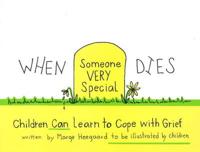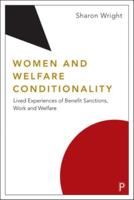Publisher's Synopsis
Social work practitioners write for a variety of publications, and they are expected to show fluency in a number of related fields. Whether the target is a course instructor, scholarly journal, fellowship organization, or general news outlet, social workers must be clear, persuasive, and comprehensive in their writing, especially on provocative subjects. This first-of-its-kind guide features top scholars and educators providing a much-needed introduction to social work writing and scholarship. Foregrounding the process of social work writing, the coeditors particularly emphasize how to think about and approach one's subject in a productive manner.
The guide begins with an overview of social work writing from the 1880s to the present, and then follows with ideal strategies for academic paper writing, social work journal writing, and social work research writing. A section on applied professional writing addresses student composition in field education, writing for and about clinical practice, the effective communication of policy information to diverse audiences, program and proposal development, advocacy, and administrative writing. The concluding section focuses on specific fields of practice, including writing on child and family welfare, contemporary social issues, aging, and intervention in global contexts. Grounding their essays in systematic observations, induction and deduction, and a wealth of real-world examples, the contributors describe the conceptualization, development, and presentation of social work writing in ways that better secure its power and relevance.











